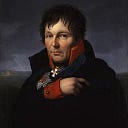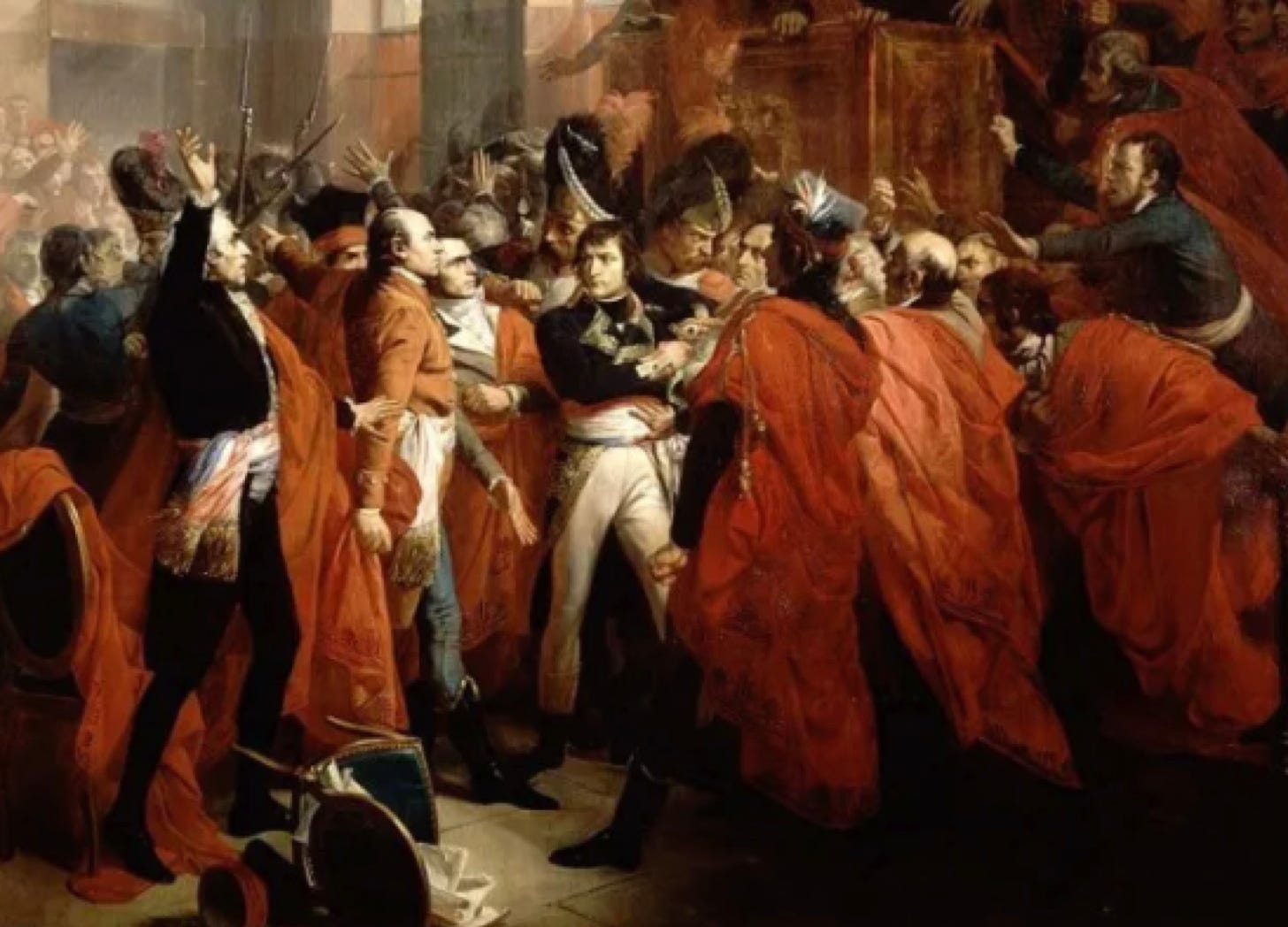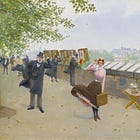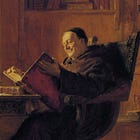

Discover more from Extra Muros
With this post, Extra Muros began the serialization of Pardon My French, a light-hearted look at some of the French expressions that have taken up residence in the Anglosphere.
She got a Coup de Ville
But her heart rides still
In her Ford Econoline.
Nancy Griffithcoup
In both French and English, the word coup resembles the sort of thing a pigeon might say. That is, the “c” is hard, the “p” is silent and the “ou” is a slightly longer version of the “ooh” in Winnie the Pooh. (The cooing of French-adjacent pigeons, who live in constant fear of ending up on a plate, displays a clipped quality absent in the sounds make by their cousins in English-speaking lands. Similarly, the French version of coup takes less time to say than its English-language counterpart.)
In French, coup can refer to almost any sudden action: the beating of a drum, the chugging of a beverage, or (marvelous to say) the making of a telephone call. In English, however, coup often implies success. “Snagging the popcorn concession at the Gérard Dépardieu film festival was quite a coup.”
counting coup
In the days of wagon trains and six-shooters, some of the Indian tribes that lived on the Great Plains of North America practiced the curious custom of “counting coup.” When engaged in battle, the most ambitious warriors would try to touch their enemies with a little piece of wood called a “coup stick.” Braves who managed to do this were considered to be very brave indeed. Few, however, seem to have lived long enough to ponder the great linguistic mystery of the Wild, Wild West. How was it that the aboriginal inhabitants of the Dakota Territory, who lived lives entirely bereft of Duolingo, public television, and artsy foreign films, spoke such good French?
coup d’état
For most of the nineteenth and twentieth centuries, when librarians were still in the habit of cataloguing the French constitution as a periodical, those who ruled France lived in perpetual fear that a charismatic general might jump on a white horse, lead an impromptu military parade down the Champs Elysée, and loudly proclaim “l’état, c’est moi.” As a matter of fact, only two of these little exercises in self-actualization actually took place. (Strange to say, the second of these coupsters* was the nephew of the first.)
coup de grâce
It’s a scene we know well, if only because, once upon a time, it was de rigeur for any movie on the subject of the French Foreign Legion. After the firing squad has done its duty, the officer in charge draws his pistol, walks up to the recipient of the volley, and fires a shot point blanc. This is the coup de grâce, the “blow of mercy” that ends the suffering of the condemned man and ensures that neither poor aim of the marksmen nor the fact that the rifles employed were built by government employees will interfere with the execution of justice. In modern English, the term coup de grâce can refer to any act that puts an end to something. “The refusal of Gérard Dépardieu to endorse the film festival delivered the coup de grâce to Digby’s project for prodigious popcorn popping.”
Knowing that French people often refrain from vocalizing the “s” at the end of a word, Anglophones make the mistake of pronouncing coup de grâce as “coo duh grah.” In the mind of a French person, this might conjure up images of the aggressive flinging of beef tallow or the commission of assault and battery by a person armed with a lamb chop. (Though I have never seen the phrase in print, logic suggests that coup de gras would be translated as “blow of grease” or “strike of lard.”)
coup d’oeil
This “strike of the eye” is not nearly as painful as the literal translation might suggest. It is, rather, a well-informed glance, the ability to make sense of a complex phenomenon (such as a battle in progress) by looking at it for a short period of time. (Napoleon, for example, was famous for his coup d’oeil.)
When spoken aloud, this phrase should rhyme with “new boy.” Failure to do so will make French people laugh.
Some time ago, the US Marine Corps published an otherwise splendid little manual which, among many things, included the suggestion that coup d’oeil be pronounced “coo dwee.” To a French person taking dictation, this could be rendered as coup d’ouïes, which, if ever coined, would refer to a slap delivered by the gills of a fish.
The worst possible pronunciation of coup d’oeil, however, is “cooh duh why.” This conjures up the term coup d’ouailles, an expression that, should it ever pass between authentically Gallic lips, would describe a projectile fired from, invented by, or consisting of, a flock of sheep.
coupé de ville
In the nineteenth century, when Cadillac was an Indian chief, a coupé de ville was an elegant horse-drawn carriage that, because its roof had been cut off (coupé), was only suitable for short, intra-urban (de ville) journeys. Though the vehicle it describes has been demodé for many years, the phrase coupé de ville lives on as the name of a modern American luxury car. No panache, however, results from attempts to replicate the original pronunciation. Edmund Dantès, the Count of Monte Cristo, may have ridden through the streets of Paris in a “coo pay duh veal,” Ed Dante, accountant of Monte Cristo, New Jersey, drives a “coop duh vil.”
For Further Reading:
To Share, Support, or Subscribe:
Subscribe to Extra Muros
Extra Muros explores ways people can obtain the benefits of higher education while remaining "outside the walls" of our dying universities.








